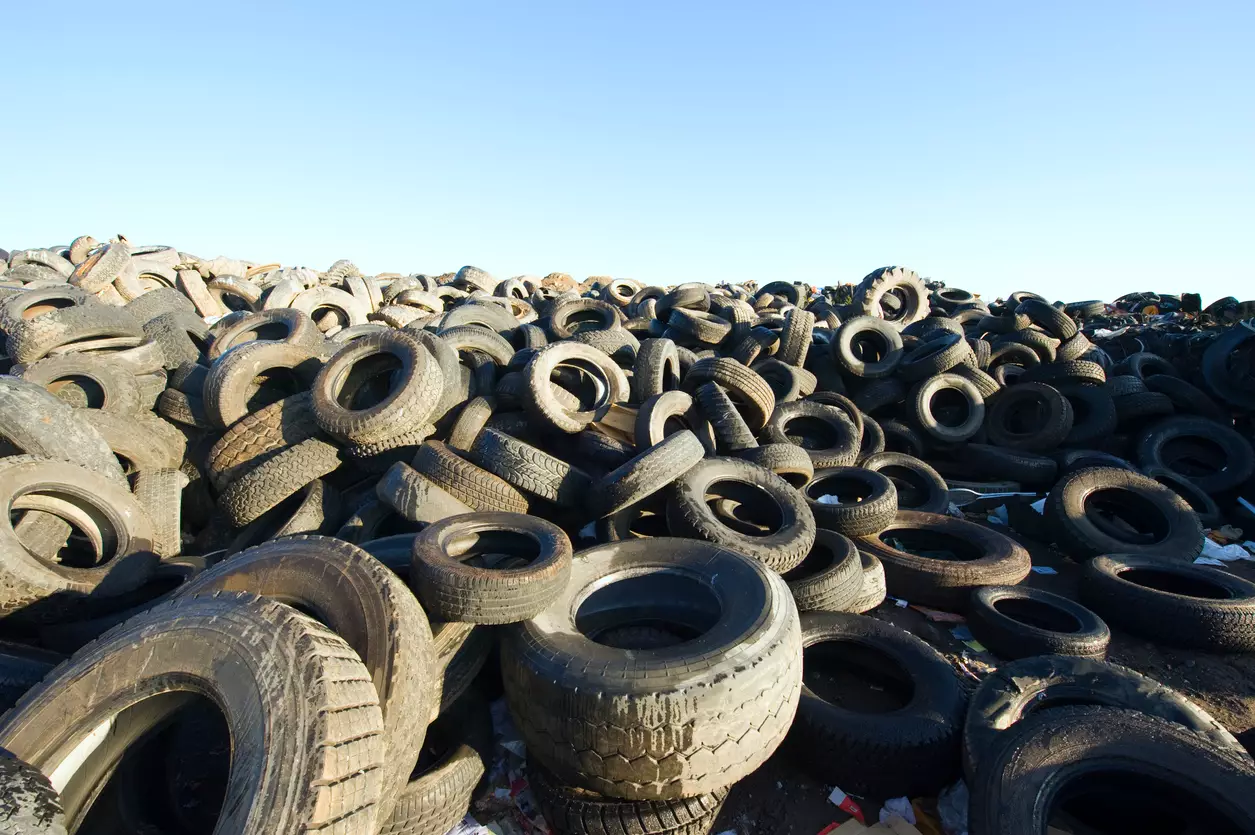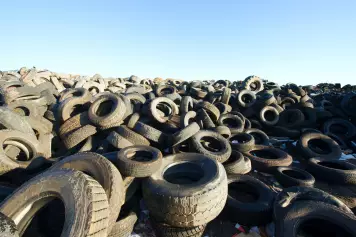One of the worst recurring fears a motorist can have at the pump is misfuelling their car. Every now and then, there’s the viral post on social media that someone put diesel in a gas engine or vice versa and either had to drain their tank or overhaul their entire engine. Regardless, such a fumble is considered up there with forgetting to put the stove off before leaving the house or not leaving the handbrake on when parked. Fortunately, mis-fuelling with diesel will not blow up the engine, but it will definitely lead to fuel filter damage, as gas engines are not designed to process diesel. It may also cause slow acceleration as combustion will not happen effectively, which may be accompanied by a knocking noise. There may also be engine misfires and frequent stalling. It may not warrant engine replacement, but the repairs must be implemented as soon as possible, considering the vehicle may be rendered inoperable with persistent subsequent use.
What's the Difference Between Diesel and Gas?
Both gasoline and diesel are petroleum by-products from crude oil, but they differ in their refining processes and are used in different types of car engines. Gasoline is refined for use in spark-ignited engines, while diesel fuels compression-ignited engines.
During fractional distillation, diesel is produced between 250 and 350 degrees Celsius, while gas is created at a maximum of 200 Celsius. diesel is 75% saturated hydrocarbons, paraffin, and 25% aromatic hydrocarbons. Petrol also consists of hydrocarbons with 5 to 12 carbon atoms per molecule. Petrol also has paraffin mixed with naphthalene, aromatics, and olefins. Since petrol has a lower distillation temperature, it is much more volatile than diesel. Gasoline’s energy content is 34.6 megajoules per liter, while diesel has 38.6, hence the higher torque output in engines that use the latter.
In a basic sense, both gas and diesel engines have similar operations because they use internal combustion. The difference lies in how the controlled explosions for power occur. In a gas engine, fuel mixes with the air the pistons have compressed. Spark plugs ignite the fuel-air mixture to produce power for propulsion. Diesel engines also compress air, but instead of using spark plugs, they rely on the heat generated by compressed air to ignite the fuel delivered by injectors, creating power through combustion. This highlights the importance of changing spark plugs in maintaining efficient engine performance.
The differences in their operation create varying element strengths. For example, diesel engines tend to have a higher fuel economy compared to the gasoline alternative. Gas engines need to keep a lower compression ratio so they do not reach the self-initiating temperature. A higher compression ratio means better MPG. Similarly, since diesel engines work without spark plugs, fewer electrical parts can malfunction. Due to their sturdiness, diesel engines will likely deliver more miles and operation hours.
Can You Put Diesel in a Gas Car?
It is physically possible to put diesel in a gas car, considering both are liquids and combust upon ignition. However, as mentioned previously, there are significant differences between them. The damage incurred after misfuelling with diesel depends on the amount dumped into the tank, particularly in comparison to how much gas was already there beforehand. If the tank is nearly full of gasoline and one adds a gallon of diesel by mistake as a top-up, it will still be operational. There may be some problems, though, like difficulty starting, reduced power and acceleration, or smoke from the exhaust. The diesel, being denser than fuel, will sink as gasoline rises. It will go through the pump to the engine bay and coat the spark plugs and fuel system, leading to misfires.
This is a rare mistake, but if the driver has already begun to operate the vehicle, it would be advisable to stop as soon as possible. Tow the car to the nearest service station and drain the tank completely. A complete system flush is required to minimize any damage. The spark plugs should also be cleaned or replaced to remove carbon deposits.
What Does Diesel Do to a Gas Engine?
Since diesel fuel is denser than gasoline, the fuel pump will have issues moving it through to the engine bay. Diesel does mix with petrol, but the mixture is much denser than what was originally intended for such an engine. If the driver cranks a gas engine with diesel in its system, it will eventually clog the fuel filter because of the greasy mixture. It presents as an engine misfire because the combustion process will not occur effectively. The engine will begin to sputter or stall intermittently, and white smoke will pour out of the exhaust pipe. The engine will lose all power, and it will not be possible to fire again.
Fuel Injection System Damage
Fuel injection in a gasoline engine is designed specifically to handle petrol solely. When diesel is introduced to the system, it can damage the fuel injection system. That leads to injector clogging because diesel is thicker than gasoline. This situation often necessitates cleaning the fuel injectors to restore proper function and prevent further issues with dirty fuel injectors.
The diesel acts as grease, choking the fuel lines, injectors, and filter. It also causes poor combustion. Diesel requires a higher compression ratio to ignite compared to petrol. In a gasoline engine, it will not combust the right way leading to engine damage. Diesel will also cause significant wear to the relevant parts, such as the pump, pressure regulator, and injectors.
Engine Performance Issues

Putting diesel in a gas engine will affect combustion, leading to performance issues. This may start off right away with a problematic ignition process because of the clogged fuel filter, spark plugs, and fuel injection components. It will also run quite roughly with noticeable vibration the entire time before sputtering and stalling numerous times. Drivers can anticipate reduced power as well. Interfering with the spark plugs and fuel injection will result in reduced power output.
Diesel fuel in gas engines will increase emissions, as evidenced by the white smoke pouring from the exhaust. This results from poor combustion, leading to higher levels of pollutants and particulate matter in the atmosphere. Persistent use will cause severe damage to the engine parts, causing problems with the pistons, valves, cylinders, and other internal parts, ultimately requiring engine replacement.
How Long Does It Take for Diesel to Ruin a Gas Engine?
The exact timeframe and extent of the damage to a gasoline engine after accidentally misfuelling with diesel depends on several factors. These include:
- The amount of diesel added to the petrol in the engine
- How quickly the mistake is corrected
- The engine’s design.
When the mixture is high, such as one gas gallon to five diesel, it will not run for long, probably minutes. If the mixture is low, like one is to half a gallon, it will probably start but run rough. Not responding to the issue soon enough will also complicate things. This is not a problem where the car owner has the luxury of driving to the nearest service station or the source to rectify the problem. Rather, it would be advisable to shut the engine off and tow it to the nearest station before draining the tank.
Conclusion
Pumping diesel in a gasoline car is a rare mistake, considering that most stories usually go the other way, which is misfuelling with gas in a diesel engine. Fortunately, the potential damage incurred is generally less with such an accident. That is provided the driver responds to it immediately. Operating a gasoline car with diesel in the fuel tank is not advisable. Both fuels are similar in origin but completely different in their combustion requirements in a motor vehicle engine setting. Diesel fuel is much denser and more viscous, so it will clog the fuel lines, filter, and injectors and foul the spark plugs. All of which means the combustion process will be problematic. It will not be hard to miss, though. The vehicle will experience issues in starting up and run rough with occasional stalling. White smoke will pour out of the exhaust, and the engine will eventually shut off. The owner will have to drain the tank completely to get it running again. They must also purge the fuel lines before pumping gasoline into the engine. Fuel filters and spark plugs will probably have to be replaced. Luckily, diesel does not usually affect the pistons, cylinder walls, valves, or the block, so the important parts of the engine will not need repair. Once gasoline is back in the system and the car is running, it may be a good idea to do an oil change and replace the oil filter before regular operation.




















